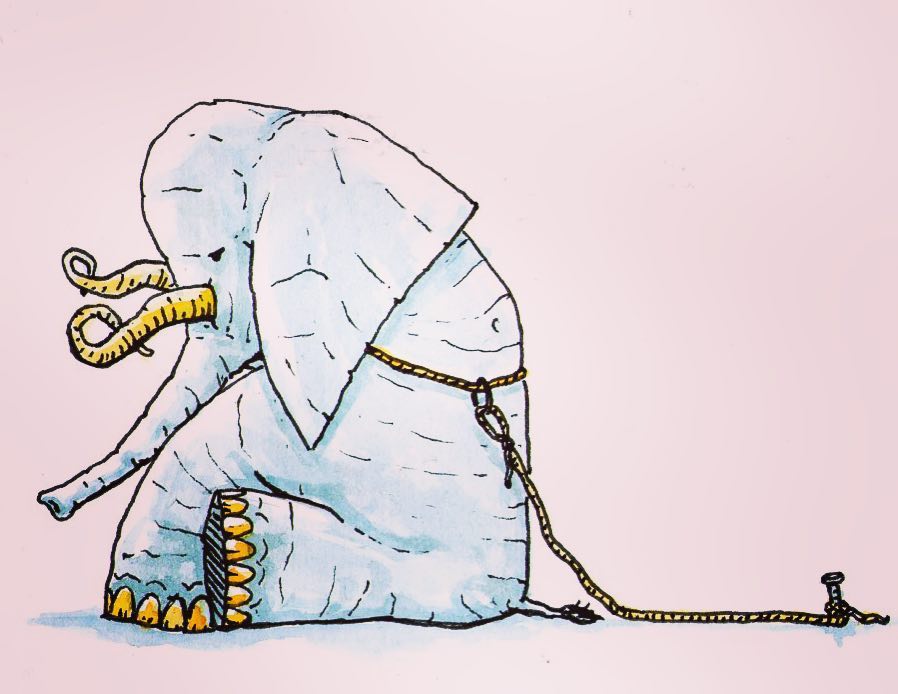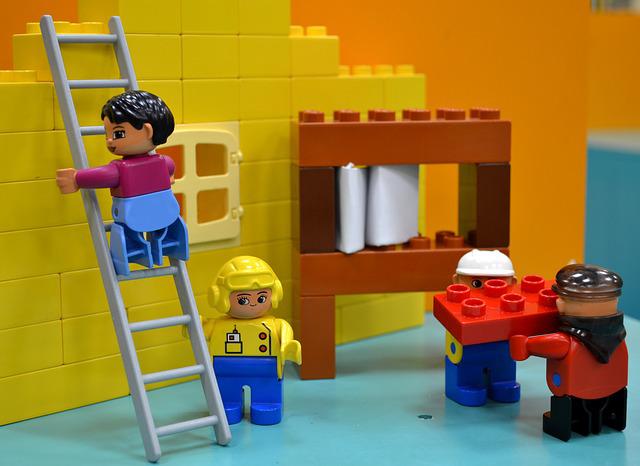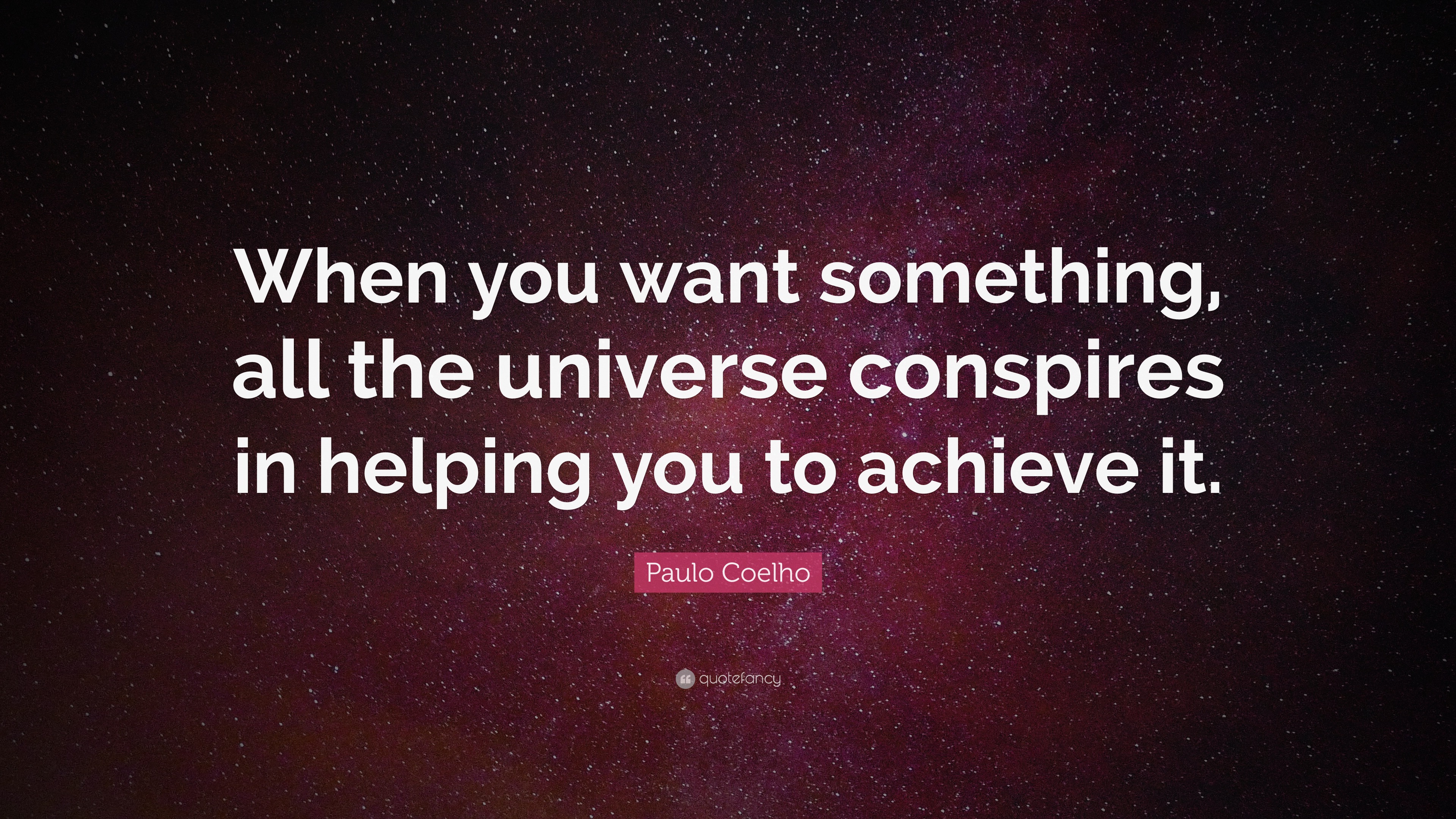The trap of ageism

“It is too late now… I have missed the bus.”
“You are too old to do that…”
“Behave according to your age. What will people say?”
Have you ever heard such statements before?
If so, you have in all likelihood encountered “ageism” and ageist behaviour. Unknowingly, we all participate in it, and it has an impact on us all. According to WHO, “Ageism refers to the stereotypes (how we think), prejudice (how we feel) and discrimination (how we act) towards others or oneself based on age.” We all have certain self-limiting notions about what is appropriate and capable at different ages. The fear of growing old has a detrimental impact on our motivation and mental health. We start accepting that it is too late to do anything that could make us happy. But is it really true?
Recently I came across a wonderful article by Shashi Tharoor (a well-known politician, writer and public intellectual who has served as a Member of Parliament for Thiruvananthapuram, Kerala) on this topic. It is titled, ‘Why we should increase our retirement age?’ I am reposting it here for you to read before my reflection on the piece:
This month, my mother turns 83 (or 84, depending on whether you go by her memory or the possibly inaccurate date on her passport). She is amazingly fit and mentally agile, and at year’s end she is travelling with us to the other end of the world for a New Year’s reunion of her entire family of descendants— three children, seven grandchildren, three great-grandchildren and assorted spouses. It is intended to be a celebration of our togetherness, despite the quirks of geography—among this brood, there are now three nationalities and nine different addresses around the world. But it is also a celebration of her active longevity, because somewhere between 83 and 84, she hits the fabled sathabhishekam, when she will have seen a thousand moons orbiting the planet.
(I know many Hindus celebrate the sathabhishekam in their 81st year, but they are mathematically challenged. Since you basically witness 12 moon orbits a year, 80 clocks up only 960 moon orbits, and you need the extra three years and four months to reach 1,000. Letters of protest may kindly be addressed to the editor and not to me.)
I was reflecting on this when I came across a study from the New England Journal of Medicine (2018) that found that the most productive age in a human’s life is not your 20s or 30s, but 60 to 70. And, the study confirms that the second most productive age is between 70 and 80 and the third most productive decade is 50 to 60.
What is going on here? Is this another disinformation campaign by the oldies among us, trying to vindicate their creaking joints, swollen knees, aching backs and greying hair by purveying fake news about their superiority to the fit, energetic, six-pack-sporting, young whippersnappers who are actually producing everything that matters in the world?
Not quite. Consider the evidence: The average age of a Nobel Prize winner is 62. The average age of a CEO in a Fortune 500 company is 63. The average age of popes is 76. And, in India, the average age of the cabinet is 60. Our prime minister, at 69, is a mere juvenile compared with some of his predecessors, such as Morarji Desai, who became PM at 81, or even the much-maligned Jawaharlal Nehru, who died in office at 74.
Looking back at my own life, next month I will publish my 20th book. Ten of those have seen the light of print since after my 50th birthday. There is little doubt that I have been more productive in my sixth and now seventh decade than in my (at least partially) misspent youth.
There is a logical reason for this. It is true that when you are young you are still feeling your way, acquiring the skills you need and laying the foundations of your future achievements. Most of our 20s and 30s are spent on romance, on wooing our future partner, and in creating and bringing up our family. The responsibility of making a living, of educating our children, and of taking care of our parents is a time-consuming one that inevitably distracts us from a single-minded focus on professional accomplishment.
In other words, most people’s social and personal circumstances mean that their lives are so designed that the best years of their existence are between 60 and 80. That is the age when they have acquired whatever skills they are likely to acquire, have made (and learned from) their mistakes, and can focus on sharpening and deploying those skills. Thanks to modern medicine, most people are able to remain reasonably healthy past 60 and, even if physically slower, remain capable of top-quality intellectual performance. It is an age when there are fewer distractions. It is the time when you can do your best work.
This is why it is a crying shame that the arbitrary tyranny of retirement age deprives so many offices of performers at their peak. While most western countries have increased their retirement ages to 65 and 70 (and the US has outlawed compulsory retirement altogether), we are still letting people go when they could be making a major difference. In Kerala, government employees still retire at 56. (Politicians, of course, never retire. They just fade away.)
So, if you are turning 60, don’t give up: remember the best years of your life lie ahead!
~ Shashi Tharoor, theweek.in
The article reaffirmed my belief that “It is never too late.”
I’ve given this advice repeatedly: Don’t postpone anything because of age.
Shashi Tharoor quoted various examples of achievers post the retirement age. There are many senior entrepreneurs too! The most popular one is Colonel Sanders of KFC fame who decided to begin to franchise his chicken concept and travelled the US looking for suitable restaurants at the age of 69!
Nykaa founder Falguni Nayyar started her entrepreneurial journey at 50 and became India’s first female self-made billionaire while the supermarket chain Dmart was founded by 45-year-old Radhakrishnan Damani at a point when he had already made his millions in the stock market.
A Harvard Business Review also debunks the bias that startups are only for young entrepreneurs. It reports that the “average age of a successful startup founder is 45”, showing that the older you get, the higher the success rate!

I am a living example of how age is just a number.
I launched my own business at the age of 42! I first learned how to use a computer at the age of 57. At 62, I began teaching business courses at various institutes. At 73, because of the pandemic, I had to learn how to conduct online classes, and now I am comfortably attending even guest lectures online. Can you imagine someone who began to write emails around 60, now working independently on a computer and maintaining a blog? For me, as Tharoor said, the best years of my life are still ahead! In fact, I started writing at the age of 72, and published my first book at 73 this year!
The trap of ageism can make you devalue yourself. If you are limiting yourself on the basis of how old you are:
Break Free!













